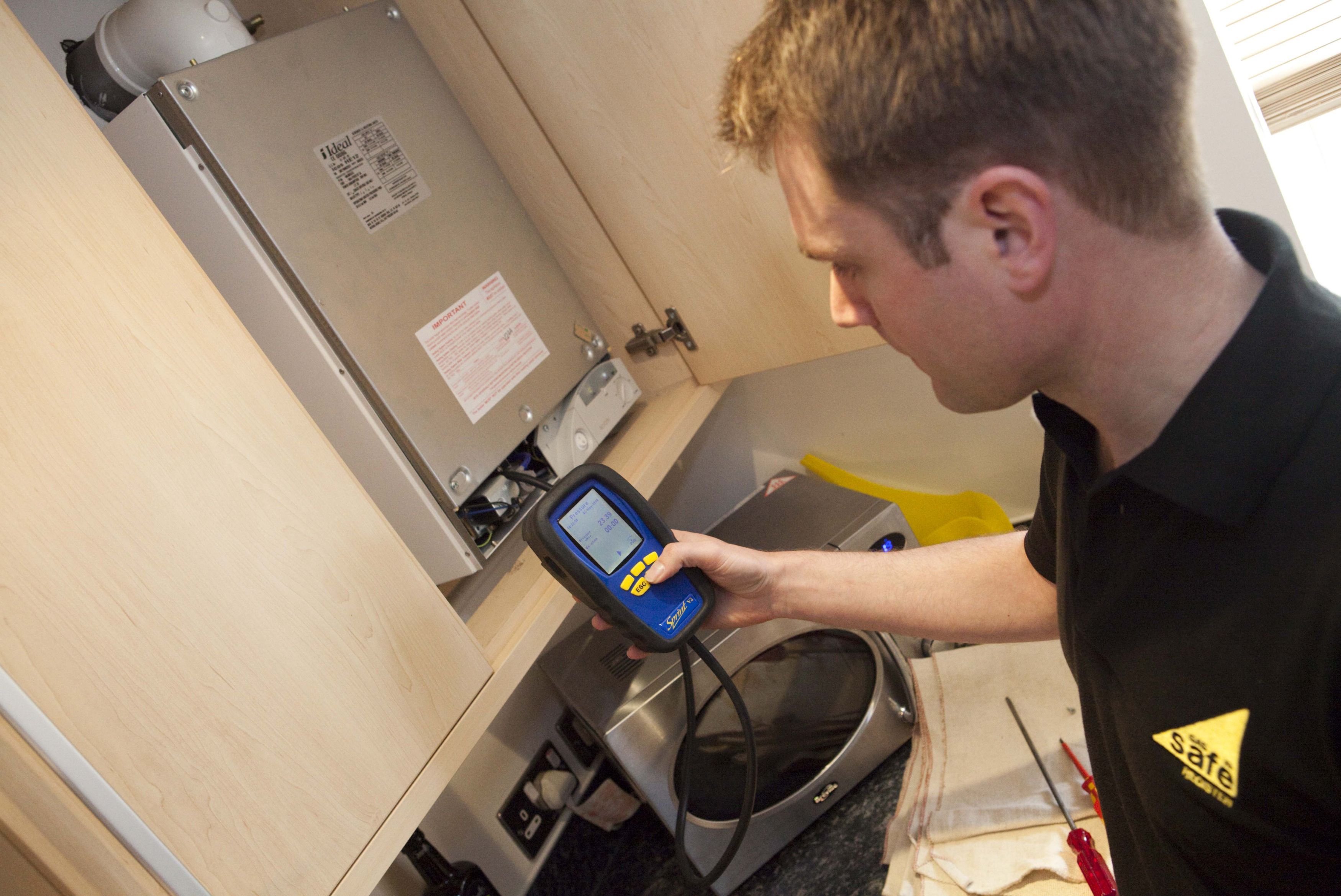All change
Improving your home’s central heating system is a big investment, so do your research and get it right first time
If you’ve taken the important first step and decided you want to replace an old, inefficient boiler in your home, what do you need to know about the second step – namely, putting the new boiler in.
Most important of all is to remember it’s against the law for anyone other than a Gas Safe Register heating engineer to fit or work on a gas boiler (for oil-fired boilers, it’s OFTEC – www.oftec.co.uk), so that’s the first thing to check. Visit www.gassaferegister.co.uk to search for installers.
“In an ideal world, we would all have an installer we can call on when needed, but this is not always the case,” says Martyn Bridges, director of technical support at boiler manufacturer Worcester, Bosch Group. “Friends and family who have had a good experience can be a good starting point, but many manufacturers have created a database of installers across the country.
“Worcester has a Find an Installer section on its website – www.worcester-bosch.co.uk – as well as a free iPhone app. Both allow you to search by postcode for a reputable, Worcester-accredited installer in your area.”
You could also try an installation service provided by a trusted retailer, such as B&Q’s Homefit. With Homefit, there’s someone to organise the Gas Safe Register installer and sort any problems for you seven days a week. The installation comes with a 10-year manufacturer’s parts and labour warranty (terms and conditions apply), and you can spread the cost of the work (see www.diy.com/boilerservices).
“A good installer will always notify you of the after-sales service, including warranties on appliances, materials and workmanship, as well as the arrangements to remedy any defective work or damage to the property,” says Bridges. “Make sure you ask your installer about these if it isn’t explained in the first instance.”
A Gas Safe Register installer can self-certify that their work complies with building regulations and will issue a certificate as proof, which you’ll need when you sell your home. The boiler should then be serviced annually by a Gas Safe Register heating engineer to ensure that it’s safe and working efficiently – it may need to be serviced a year after installation anyway to extend the manufacturer’s warranty.
The cost of replacing a gas boiler costs from around £1,500, but can rise to several thousand pounds for larger properties, so it’s a considerable outlay.
Although it will add to the cost, other ways of improving the central heating system at the same time, like fitting new controls/thermostat (wireless ones can be useful) and radiators is something to consider.
Many older radiators can’t be adjusted – they’re either on or off – which isn’t very flexible or energy efficient, and by fitting adjustable valves to the radiators (preferably thermostatic radiator valves [TRVs]) you can control the output of each.
“I would always recommend fitting TRVs, as they offer individual room comfort and save energy by not allowing rooms to overheat,” says Bridges. “They regulate or cut off the flow of hot water to individual radiators, while the programmer and room thermostat control the heat to the whole house.
“TRVs are particularly useful when the room has secondary heating, such as an open fire, or is subject to a lot of solar gain. A recent survey indicated that a central heating system with a full set of controls and TRVs could save up to 40% compared to an uncontrolled system.”
If your system hasn’t been updated in years, you should also think about replacing the whole radiator and sometimes the pipework too. It can be disruptive, but most modern radiators are more efficient than old ones, so you should now be able to get smaller versions that produce more heat.
“Replacing the pipework or radiators doesn’t happen that often, but is, perhaps, a sensible move if the system is 30 or 40 years old, depending on the condition of the pipework and radiators, etc,” says Bridges. “Radiators can certainly be improved with the newer, high-efficiency type.”
Remember, you can do all this even if you’re not getting a new boiler – upgrading the rest of your central heating system will quickly make your old boiler more efficient.
Latest posts by Sally - Silversurfer's Editor (see all)
- Graham Norton’s funniest interviews - April 2, 2025
- How to help hay fever sufferers make Springtimemore comfortable - April 1, 2025
- Win a cruise of your choice with Fred. Olsen Cruise Lines - April 1, 2025
- Win a 2025/26 Ashes Experience for Two! - April 1, 2025
- Win ONE of THREE pairs of tickets for BBC Gardeners’ World Live at the NEC Birmingham - April 1, 2025




















